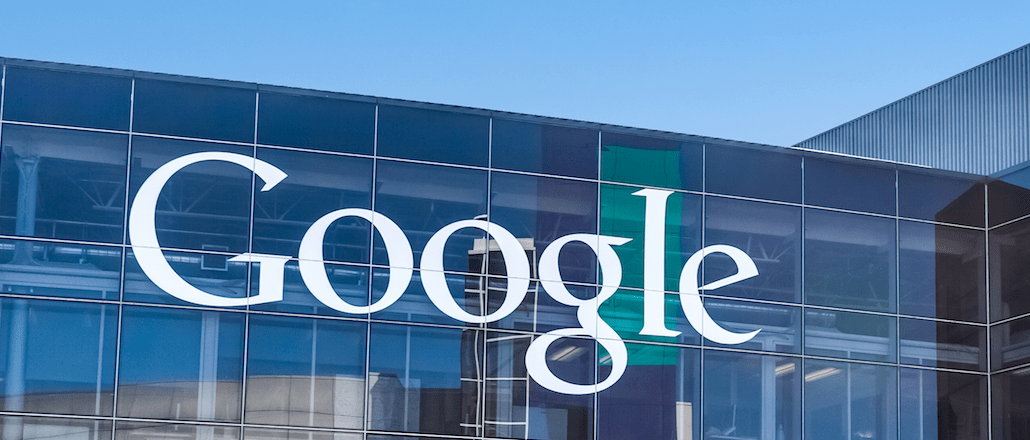Secure your place at the Digiday Media Buying Summit in Nashville, March 2-4
‘A gusher of money’: Google testing video ads in search results, industry sources say

Google is testing promoted video ads in search results, a format that could bring more brand dollars to marketing there, according to a number of sources familiar with the company’s product road map.
The search video ads are in a limited test right now and have come up in discussions between Google and the ad industry, according to these sources. The video ads would be the next step in Google’s evolution of search advertising, which started as simple links but increasingly include photos and other media formats.
“What used to be narrowly defined as search is being turned on its head,” said one digital marketing executive. “Google is finally getting away from just having three lines of text. Video ads have taken over mobile, Facebook and YouTube, and Google is thinking about how to integrate them into search.”
The leading search company isn’t alone in its interest in promoted videos in results. Yahoo is developing its own version, and Bing sells “Rich Ads.”
“Rich Ads are truly effective because they allow advertisers to engage better with potential customers on the search engine results page, provide enriching video content allowing them to extend their brand or campaign assets and offers a higher conversion rate,” John Cosley, marketing director in the Search Advertising Group at Microsoft, said in an emailed statement.
“We’re in the process of refining Rich Ads and working to create a better video experience, especially for mobile, and are excited to bring a new medium to our customers.”
Google would not comment on any current plans to introduce search video ads, but the company said it has played with the format in the past. “We’ve experimented with a number of different video search formats over the years but don’t have anything specific we’re launching right now,” the company said.
Google has floated the idea of video thumbnails in some sponsored results and other variations; however, digital video advertising is a more mature market now requiring a more serious effort, sources said.
Advertising insiders who were familiar with the product spoke on the condition of anonymity. It was unclear if the latest video tests would lead to a full-fledged ad product, and Google was said to be in the preliminary stages of development.
Brands could change the way they approach search marketing if promoted videos were introduced more widely. Marketers could shift goals strictly focusing on clicks and sales to focus more on raising brand awareness, marketing experts said. Still, it’s unclear if catching consumers while searching the Internet is the right context for this type of advertising, said Jim Nail, a Forrester analyst.
“If advertisers could buy video, their favorite format, on search, their favorite place to reach consumers, it would be a gusher of money for Google,” Nail said. “But does it work?”
It’s a question the search advertising community will carefully consider. Every view brands get on videos posted to outside platforms like Facebook, Twitter or Google, eats into marketing developed around their own websites, one ad agency insider said.
“Marketers are getting less dependent on the microsite, because every feed-based website is giving the content away right there, when consumers want it,” the agency source said. “Google’s doing the same thing bringing the content to the feed, and that’s video.”
More in Media

Media Briefing: Turning scraped content into paid assets — Amazon and Microsoft build AI marketplaces
Amazon plans an AI content marketplace to join Microsoft’s efforts and pay publishers — but it relies on AI com stop scraping for free.

Overheard at the Digiday AI Marketing Strategies event
Marketers, brands, and tech companies chat in-person at Digiday’s AI Marketing Strategies event about internal friction, how best to use AI tools, and more.

Digiday+ Research: Dow Jones, Business Insider and other publishers on AI-driven search
This report explores how publishers are navigating search as AI reshapes how people access information and how publishers monetize content.





